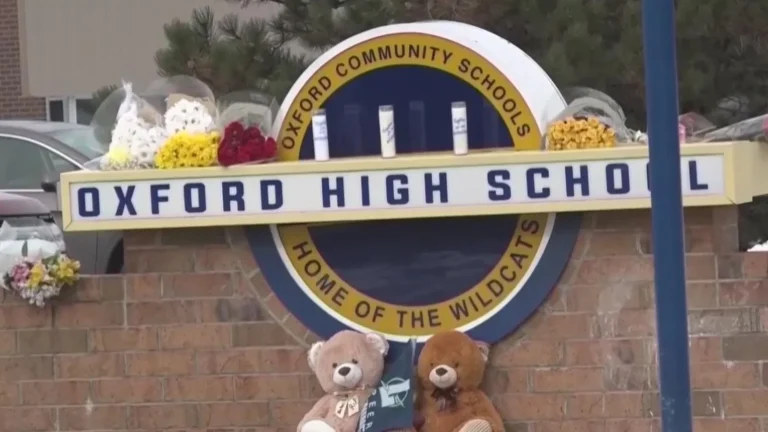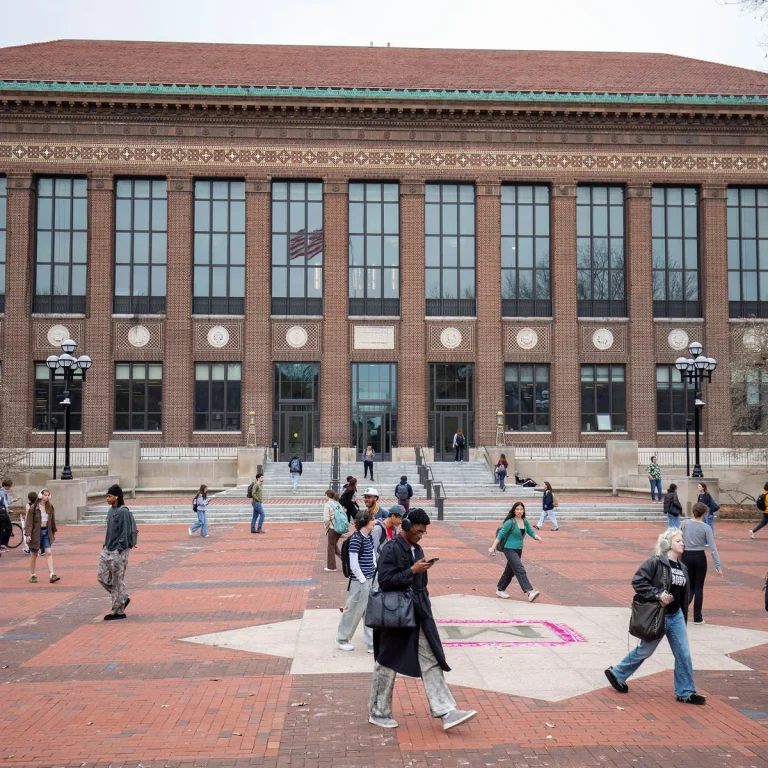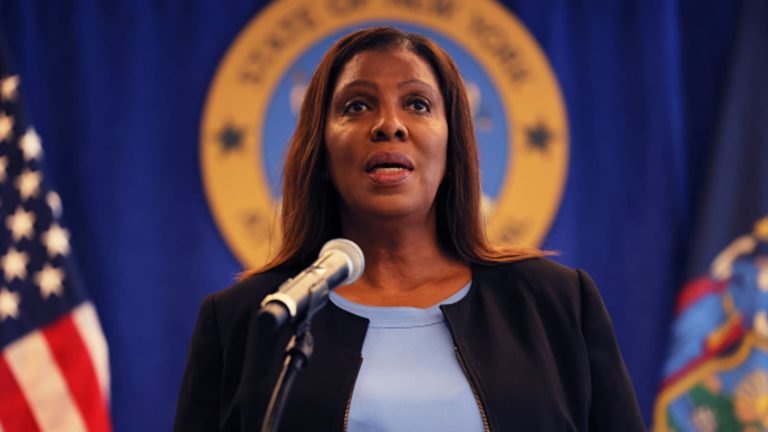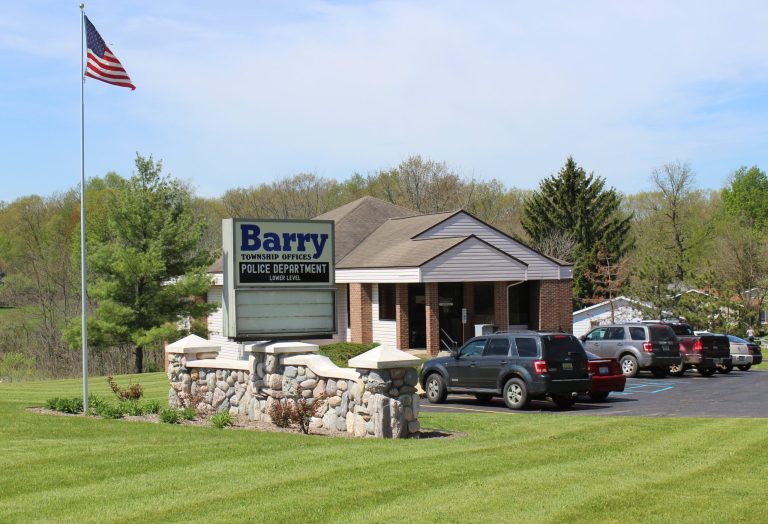Trump’s Second Term’s 100 Days: Michigan Autoworker Heartland Rally Highlights Policy Impact by the Numbers
With President Donald Trump poised to mark the 100-day benchmark of his second term, he’s choosing a place that has become synonymous with his base – Macomb County, Michigan. Infamously associated with its blue-collar past and auto-manufacturing beginnings, Macomb is not simply a strategic move; it’s a declaration. It is successful policy to Trump, mobilizing blue-collar America, and restating a message that deeply resonated in pockets that allowed him to secure a second term.
Trump will take the stage in Macomb County, west of Detroit, where cities were built to the beat of auto production. From Stellantis to General Motors, the county has been at the hub of the construction of America’s auto industry. No surprise he’s heading there Macomb is where unionism, industrial culture, and moving towards conservative ideals converge.
White House Press Secretary Karoline Leavitt welcomed it with enthusiasm and panache, on X (Twitter): “President Trump is looking forward to once again visiting the great state of Michigan next Tuesday, where he will rally in Macomb County to celebrate FIRST 100 DAYS!” It isn’t really a rally but a declaration of intent.
Trump received 56% of Macomb’s votes in 2024, and it was a big part of his victory in the swing state of Michigan. He is not coming back here just out of respect for the past – it’s a victory lap and a reset button, politicallly packaged all into one. The rally is a sign of how far his administration has progressed so far and still has yet to go.
Under Trump’s agenda for his second term is a bundle of strong-arm tariffs that rattled world trade negotiations. Regardless of whether his policies have merit or not, they all scream one message: make America produce again. Trump believes foreign automakers will find it preferable to establish facilities in the United States if tariffs are so high that it would not be profitable to export vehicles.
Remember, there is no tax when they construct factories here and everyone wants to,” he said during a recent Oval Office press conference to reporters. “The more tariffs, the greater the likelihood they come in and construct a factory.” That’s Trump in a nutshell direct, to the point, and squarely targeted at his audience.
His administration has put tariffs on up to 25% on vehicles and auto parts. The measures have been received with mixed reactions — while some welcome the effort to provide a shot in the arm for American jobs, others in the industry caution that the auto supply chain is very internationalized in the U.S., Mexico, and Canada. Interruption, they argue, would hurt local manufacturers relying on foreign inputs.
But Trump enjoys wide appeal among workers like veteran industry hand Brian Pannebecker, who today heads Auto Workers for Trump 2024. Pannebecker was one of the Washington-area attendees last month at what Trump called “Liberation Day” formal declaration of his new tariffs. From their perspective, Trump’s message cuts through the economic boosterism: jobs aplenty, less importing, and a powerful America.
Hilariously, however, some of Trump’s own critics have also been willing to acknowledge his success. United Auto Workers President Shawn Fain – a staunch Trump critic during the last election attributed Trump’s auto tariffs for their success. While still dissenting from what he calls “the reckless, chaotic tariffs” of the rest of the administration, Fain acknowledged that some of Trump’s trade policies were indeed working to save the American automobile industry.
In addition to commerce, Trump would also be looking to make investments in Michigan’s military presence. Macomb County’s Selfridge Air National Guard Base has been particularly targeted by the administration. Trump referred to ongoing plans to keep the base “open, strong, thriving” and reiterated how increasing the military and the associated jobs continues to be high on his agenda as part of his domestic policy agenda.
We’re approaching Selfridge,” he told the media last week. “We’re attempting to keep the air base open, open it up. We’re working hard at it, and I think we’re going to come home a winner for Michigan.”.
This trip to Macomb County is not merely about the “visit a county” check list to fill in Trump’s 100-day agenda. It’s about reminding himself of populist, pro-worker message that has been the hallmark of his political brand. It’s about standing shoulder-to-shoulder with the same factory workers, mechanics, and machinists who twice elected him president.
And it’s momentum. Trump’s campaign is reaching forward, and this rally acts as a reminder that they are not resting on their laurels. With Michigan leading the way in so many of the nation’s largest debates from trade and manufacturing to defense spending the rally will be under close scrutiny.
As the political theater plays out, one thing is certain: President Trump knows precisely where to turn whenever he needs to make his point take hold. And Macomb County, Michigan the epicenter of America’s car culture is the perfect backdrop to celebrate the first 100 days of an economic nationalist presidency built on bold action and unapologetic populism.
For Trump, the road is long but the message is simple: America’s engine runs smoother when it is built in America.







